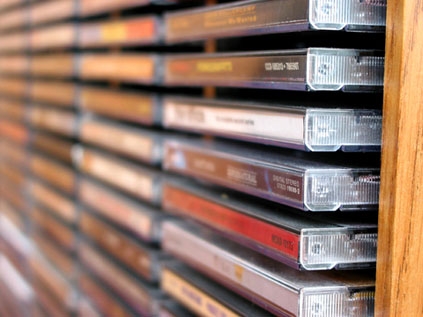

Licensed services like iTunes were still years in the future, largely because labels were skittish about selling music online.

If a user bought a CD from one of those vendors, MP3s of the songs on the CD would immediately become available for streaming from the user's MP3.com music locker. The service included a feature called "Beam-It" that allowed users to instantly stock their online lockers with music from their personal CD collections.Īnd MP3.com also signed deals with several online CD vendors. Robertson's first company, MP3.com was one of the hottest startups of the dot-com boom when it launched what we would now call a cloud music service, My.MP3.com, in 1999. And so fourteen years after Robertson first floated the concept, consumers finally have the freedom to instantly get an MP3 when they buy a CD online. But a series of business failures and legal defeats forced the labels to face reality. Until the last couple of years, the labels were relentlessly hostile to the idea that consumers should have the freedom to store DRM-free music online. In a Friday interview with Ars Technica, Robertson told us that the major labels' decision to license AutoRip represents a sea change in their attitudes toward cloud music services. He tried again with a licensed service in 2007, but only one label would cut a deal and the company failed to gain traction. Unfortunately, it wasn't licensed by the recording industry, and they sued it out of existence. After all, the entrepreneur introduced a similar service way back in 1999. When Michael Robertson heard news of AutoRip, the new Amazon service that automatically adds high-quality MP3s to Cloud Player when you buy a CD, he must have had a sense of deja vu.


 0 kommentar(er)
0 kommentar(er)
